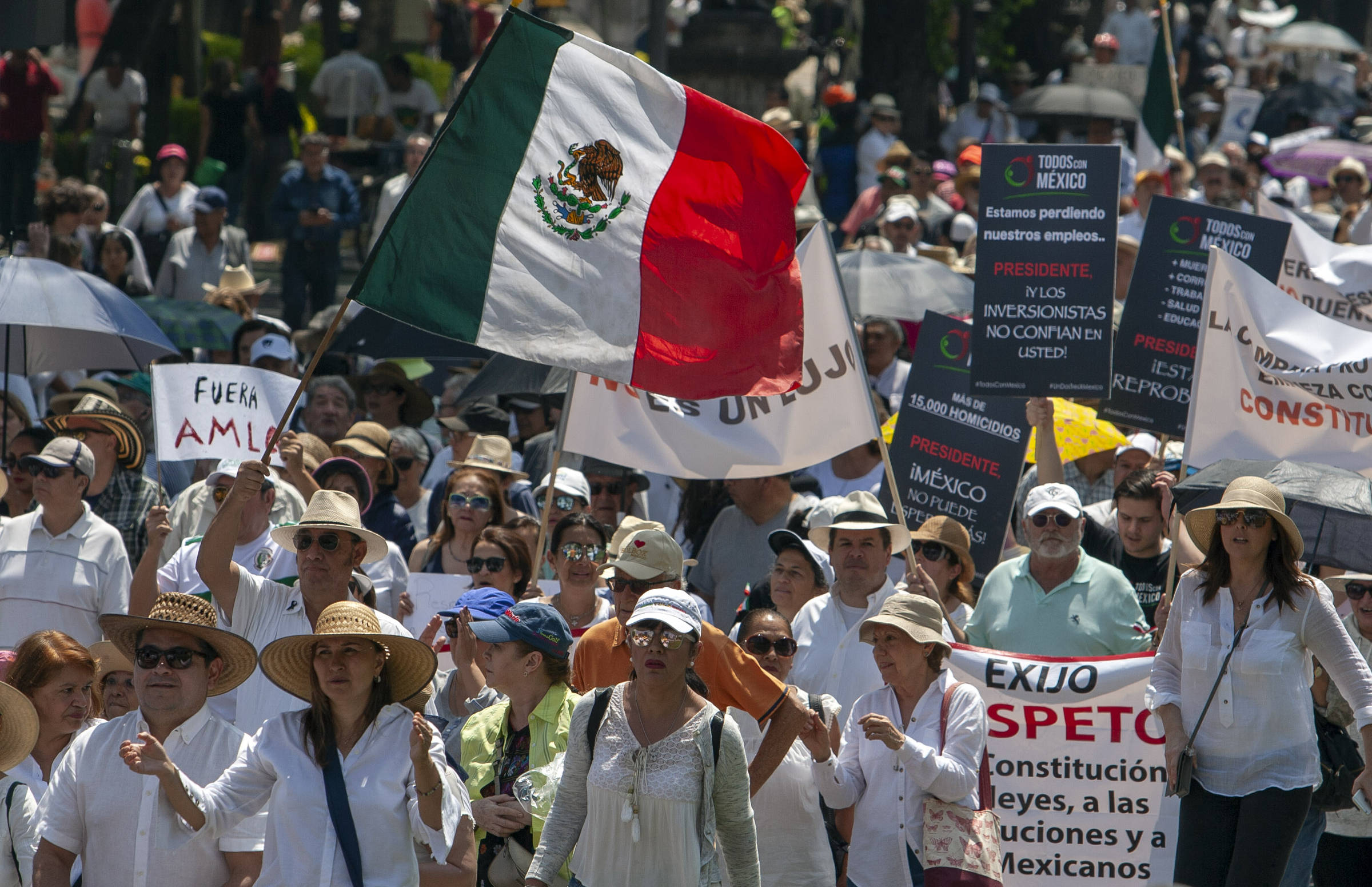In Mexico, our governors have developed a sense of moral superiority in relation to their political opponents and citizens in general. It is an addiction to the idea that there are negative consequences in politics that reduce specific people to stereotypical caricatures.
The moral superiority I’m talking about is not a simple adjective of qualification. This is a well-known phenomenon in the social sciences and is represented in English as smug moralism… Dan Avnon, professor of political theory at the Hebrew University of Jerusalem, defines it as “a special feeling (of oneself) that turns potentially sensitive and intelligent people into heartless and dogmatic defenders of absolute justice: self-proclaimed, so to speak.”
As the above definition suggests, moral superiority is a powerful reagent in the democratic game, appealing to both narcissism and bigotry. I am not saying this, science is suggesting it. A study published by the University of Pennsylvania called Narcissism in Political Participation shows that people with narcissistic tendencies are more likely to engage in political activities such as contacting their representatives, signing petitions, voting, making donations, etc. Conclusion One researcher, Peter K. Hatemi, is somber: “If those who are the most narcissists are the most involved, and the political process itself stimulates narcissism in society, then, in my opinion, the future of our democracy may be in jeopardy.”
In Mexico, we see examples of this every day. Starting with President Andrés Manuel López Obrador (AMLO), who tells opposition parties day after day that they are “morally defeated”. This is not just an inappropriate remark. Another phrase that he loves and repeats over the years is “the triumph of the right is morally impossible”, attributed to Benito Juarez, President of Mexico from 1858 to 1872.
In this regard, Luis Carlos Ugalde, President of the National Institute for Elections (INE) from 2003 to 2007, reflects in his political memoirs: “What happens if the voters give the victory to a“ morally impossible ”candidate, as was the case in 2006? If Lopez Obrador disqualifies the candidate’s victory in advance, National Action Party (PAN) For moral reasons, how could he legitimately accept this victory? How could his followers accept Felipe Calderon’s victory if his leader insulted him by quoting Benito Juarez inaccurately and out of historical context? “.
However, it is important to clarify that the phenomenon of moral superiority is inherent not only to the current rulers of the country. Miguel de la Madrid Hurtado, President of Mexico from 1982 to 1988, also chose the cryptic phrase “For the moral renewal of society” as his campaign and government slogan. De la Madrid was the Institutional Revolutionary Party (IRP) candidate at a time when it was still a hegemonic party system: a system in which opposition parties were allowed but could not compete on equal terms, so there was no alternation.
One of his first government acts, a few days after taking office, was to promote a constitutional reform called “Fundamentos de la Renovación Moral” (Foundations for Moral Renewal). With his help, he tried to eradicate corruption in the country by his decree. His predecessor in this post, also a member of the PRI, Jose Lopez Portillo (1976-1982) left the country hostage and in the mud of rampant corruption. A libertine like no other, Lopez Portillo later expressed his dissatisfaction with De la Madrid’s moralistic bias in an interview with former Foreign Minister Jorge G. Castaneda: “It always seemed to me that the pursuit of state morality meant going back to times that were overcome by law. The Moral State was a medieval inquisitorial state, but the rule of law is something different. “
Moral superiority is by no means a matter exclusively of Mexico. As I have already noted, this is a well-known and well-studied phenomenon. Without going into details, we saw this last November in the US elections, in which the Democratic and Republican parties saw themselves on the right side of history. As a result, both sides abandoned the indecisive and moderate voter, opting instead to whip up and mobilize their most recalcitrant bases.
When the political center was empty, candidates and their supporters retreated to the flanks and opened the door to radicalism and polarization. The attack on the Capitol was not accidental; it was the result of the spread of a sense of superiority that prompted people to claim to be the protectors of order and justice.
What happened on January 6 at the United States Capitol is an example of how moral superiority can affect our actions and judgments. Like any addiction, excellence is a pleasant sensation, pleasant movementas Avnon points out, but be careful: this can lead to ignoring the law and irrefutable facts when they give preference to the opponent. Best case scenario. At worst, it is the germ of verbal and even physical violence. This is true for both the governors and the ruled.














